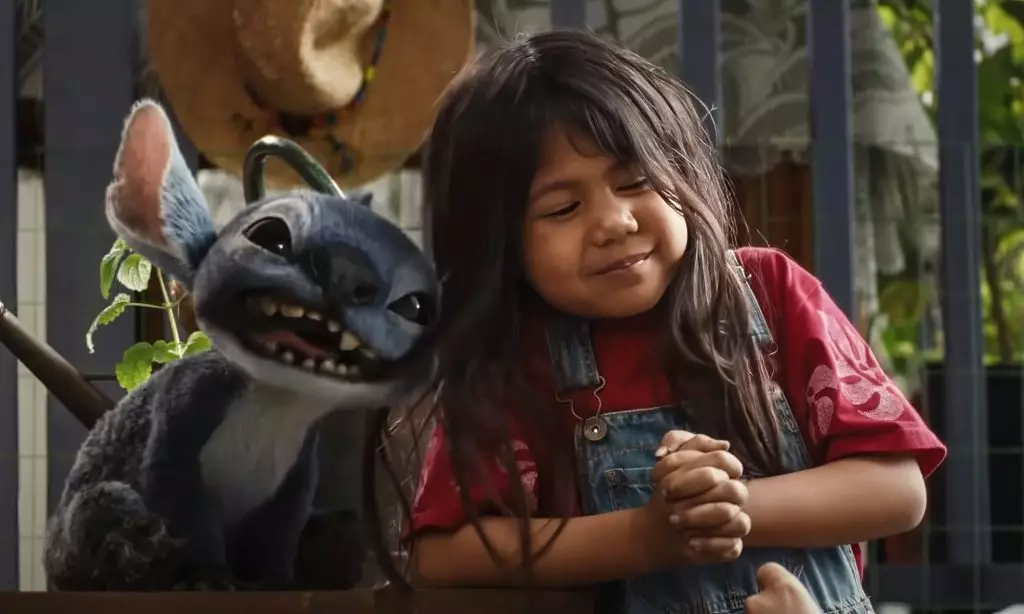Disney’s recent blockbuster success with Lilo & Stitch surpassing $1 billion worldwide appears to be a shining beacon for Hollywood, but beneath the glimmer lies a sobering reality: this isn’t indicative of a thriving industry. Films crossing the billion-dollar mark are rare exceptions—outliers rather than the norm. The industry’s dependence on blockbuster spectacles to sustain its financial health is a fragile illusion. A single film reaching $1 billion does little to address the declining number of original, meaningful stories being produced. Instead, it exposes Hollywood’s overreliance on franchise nostalgia and international markets to mask stagnation.
What’s troubling is that such massive box-office figures often mask the shortcomings of the broader film ecosystem. Studios chase global audiences with familiar IPs, often sacrificing creative diversity and cultural authenticity. Lilo & Stitch’s triumph is less about artistic brilliance and more about strategic marketing and leveraging international appeal—especially in Latin America, Europe, and Asia. While this approach delivers quick financial wins, it undermines the industry’s potential for genuine innovation.
Economic Disparities and Cultural Homogenization
The commercial success of Lilo & Stitch underscores broader economic disparities within global cinema. While markets like Mexico and France dominate in box office numbers, smaller or less lucrative regions often remain overlooked, leading to cultural homogenization. Hollywood’s obsession with international markets results in films crafted primarily for global appeasement, diluting local storytelling and diversity.
This phenomenon reveals Hollywood’s fundamental flaw: prioritizing short-term profits over long-term cultural value. The billion-dollar milestone, while impressive, signals a flawed system where studios bank on familiar IPs, sanitized for mass audiences, rather than fostering authentic storytelling that reflects the diverse experiences of viewers around the world. The fact that Disney’s Lilo & Stitch achieved this highlights how global markets are increasingly shaping the narratives we access—often at the expense of local voices and artistic innovation.
The Center-Right Perspective: The Urgency for Responsible Creativity
From a center-right liberal lens, this success should serve as a wake-up call, not a cause for celebration. It’s imperative that Hollywood recalibrates its priorities—embracing responsible creativity over reckless spectacle. The industry must recognize that genuine cultural dialogue, authenticity, and artistic depth are critical for sustainable growth. Relying on international markets as a backup to domestic stagnation only perpetuates a cycle of mediocrity.
Furthermore, the focus on quick financial gains risks undermining artistic integrity and cultural richness. A more balanced approach prioritizes quality and innovation, fostering stories that resonate both locally and globally without sacrificing diversity. Hollywood should not merely chase numbers but aim to elevate storytelling standards, ensuring that success does not come at the expense of cultural authenticity. The Lilo & Stitch milestone, therefore, is less a cause for pride and more a challenge—a call to rethink long-term cultural responsibility in a rapidly changing global landscape.

